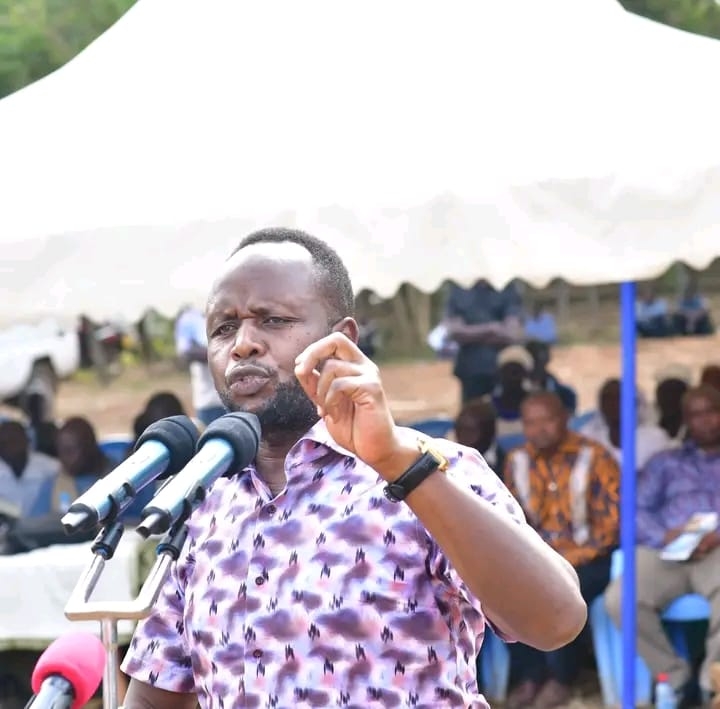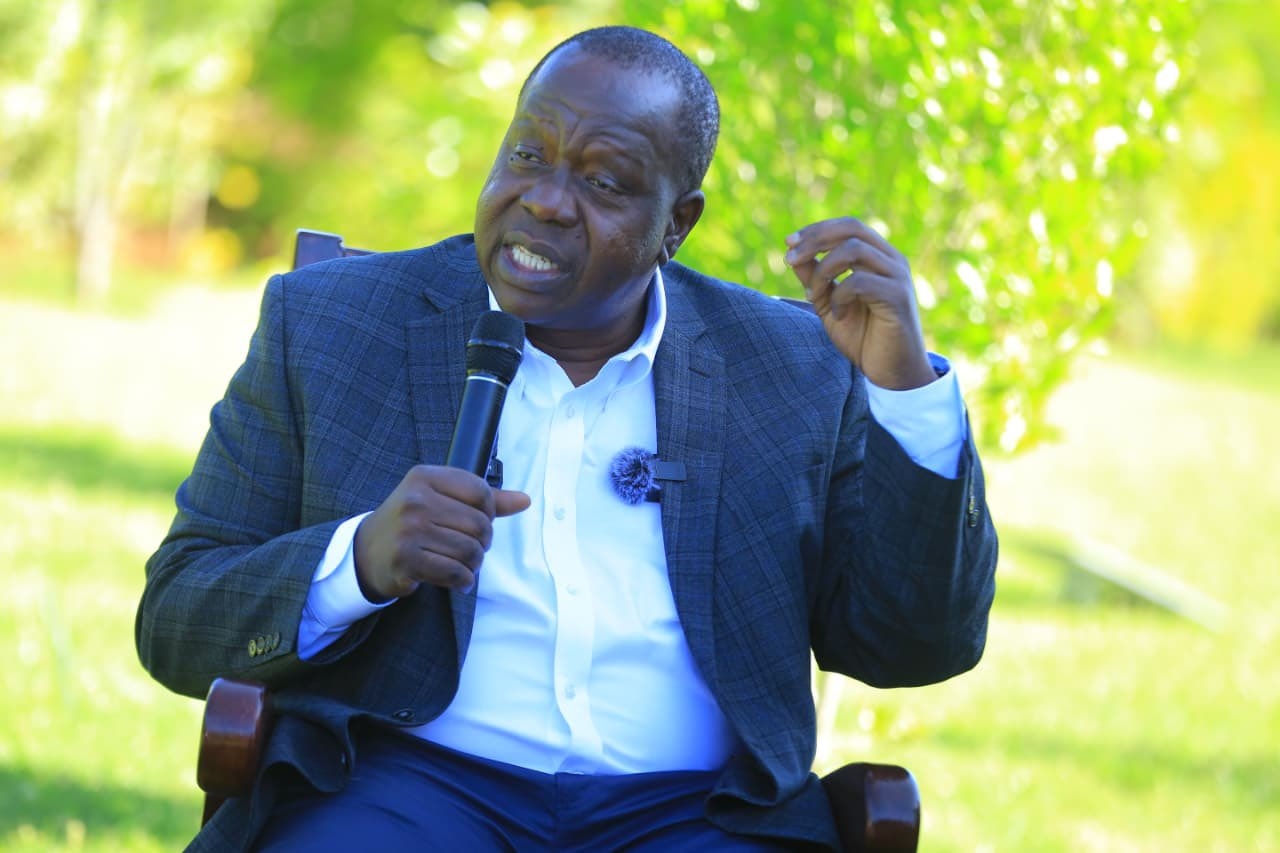The head of the Delegation of the Azimio One Kenya Party Kalonzo Musyoka has defended the creation of the National Dialogue Committee saying its formation is constitutional.
Musyoka in response to a petition filed by three Kenyans challenging the constitutionality of the bi-partisan talks has rubbished claims that the dialogue process is majorly dominated by the political elite whose aim is to push for constitutional reforms to satisfy their personal interests.
In asking the court to deny the orders sought, Kalonzo says the committee was properly formulated and the court cannot direct it on what and how to discharge its functions.
Issa Elanyi Chamao, Patrick Karani and Paul Kirui filed the case two weeks ago arguing that the issues identified by the committee for amendment are politically driven.
They have questioned the legality of the committee in that there is a lack of a legal framework to guide the process of amending the Constitution through the parliamentary initiative process.
They say important stakeholders such as the Law Society of Kenya and civil society in general should have been part of the composition of the Committee. They have also taken issue with ‘misuse of public funds’ in the running of the committee.
The trio wants the formation of the National Dialogue Committee quashed. Also sought is an order stopping the Clerk of the Senate and Clerk of the National Assembly from incurring public funds to support an entity known as the National Dialogue Committee and its Secretariat.
But Kalonzo in a rejoinder says the petition by the three is speculative as the three have not precisely pleaded on the manner in which Parliament is acting unconstitutionally.
Kalonzo says the three are inviting the court to usurp the role of parliament and supervise and direct it on what to do, which goes contrary to the doctrine of separation of powers.
On September 1, the committee published an ad in one of the local dailies titled ‘Public Participation and Submission of Memoranda by the Public to the National Dialogue Committee on Issues of Concern to the People of Kenya.’ The Ad outlined a number of issues for public participation.
Among them are the senate oversight fund, the office of the prime cabinet secretary, the office of the leader of the official Opposition, the national government affirmative action fund, implementation of the two-thirds gender rule, restricting of the IEBC, governance issues and the national government constituency’s development fund.
From the ad, Kenyans were required to submit their views within 7 days on topical constitutional amendments. But the trio state that the move went against Article 10 of the constitution which calls for public participation.
“This is so because the 7-day period is not adequate. It cannot allow for meaningful and qualitative engagements,” read the petitioners' documents in part. Through their advocate Peter Wanyama, the Kenyans say it is not clear how the issues were arrived at.
But Kalonzo says the plea for public participation is premature as there are no conclusive findings to be made at this stage by the Dialogue committee as the process shall be supervised, approved or rejected by Parliament.
“The committee affairs have been publicized, members of the public have been invited to submit their comments on the various issues to be addressed, and even its sittings are open to every person in adherence to the constitutional dictates of public participation, access and involvement,”.
The Politician has also taken issue with the three faulting the exclusion of the Law Society of Kenya and the Civil Society while on the other hand arguing that the committee is illegal for being composed of civilians.
He has also dismissed claims that there has been misuse or wastage of public finances and resources Kalonzo argues that the petitioners have not explained with precision the amounts of monies allocated, or how they have been ‘misued’ or utilized for any other purpose than the allocated purpose.
“The exercise and discharge of parliamentary duties cannot be termed as a waste of public resources and finances. No audit or financial reports have been tendered by the petitioners to demonstrate misuse or wastage of any such public funds and resources as alleged,” he says.
He has asked the court not to grant the orders sought as “the formation of the dialogue committee is not in any way unconstitutional”
In closing, Kalozno says the formation of any such committees by Parliament, is not pegged on external input as Parliament enjoys the discretion to form any such committees and delegate functions.




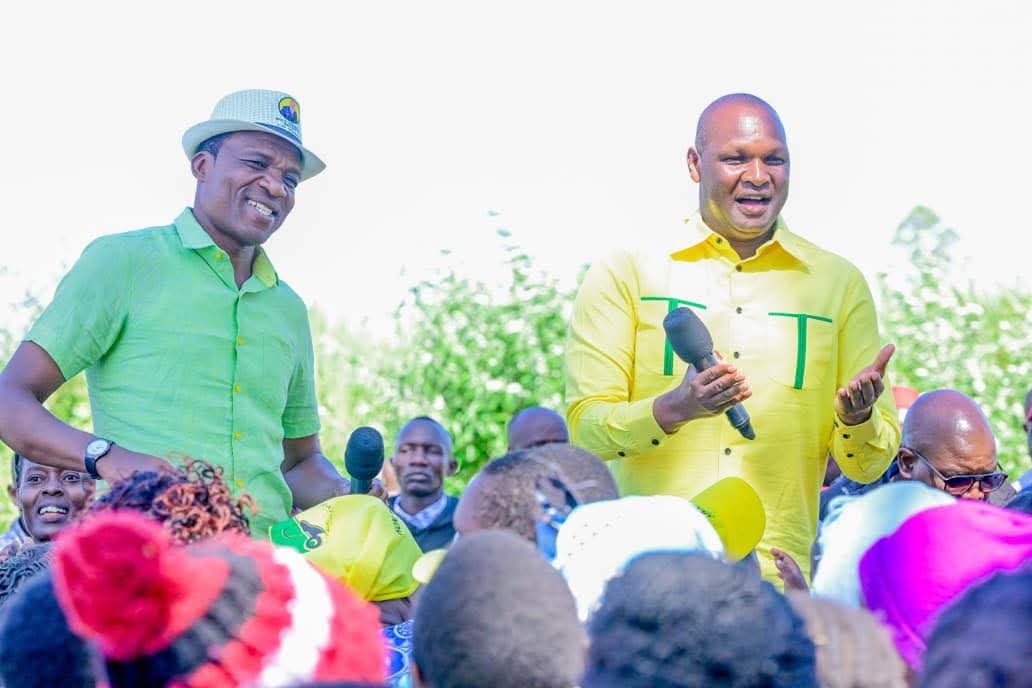
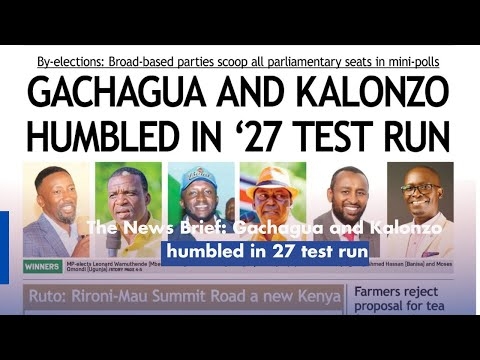
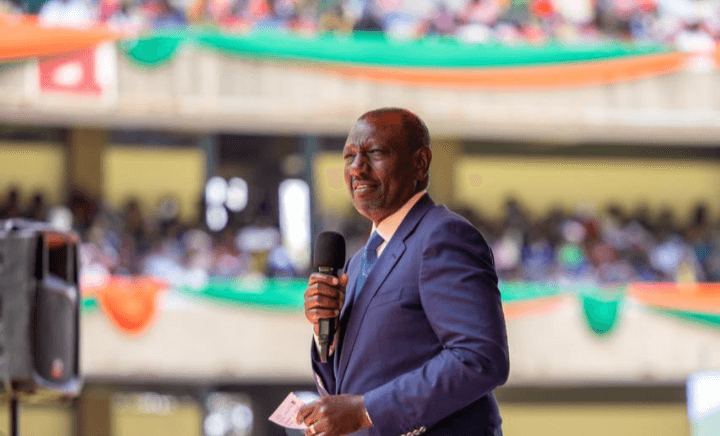


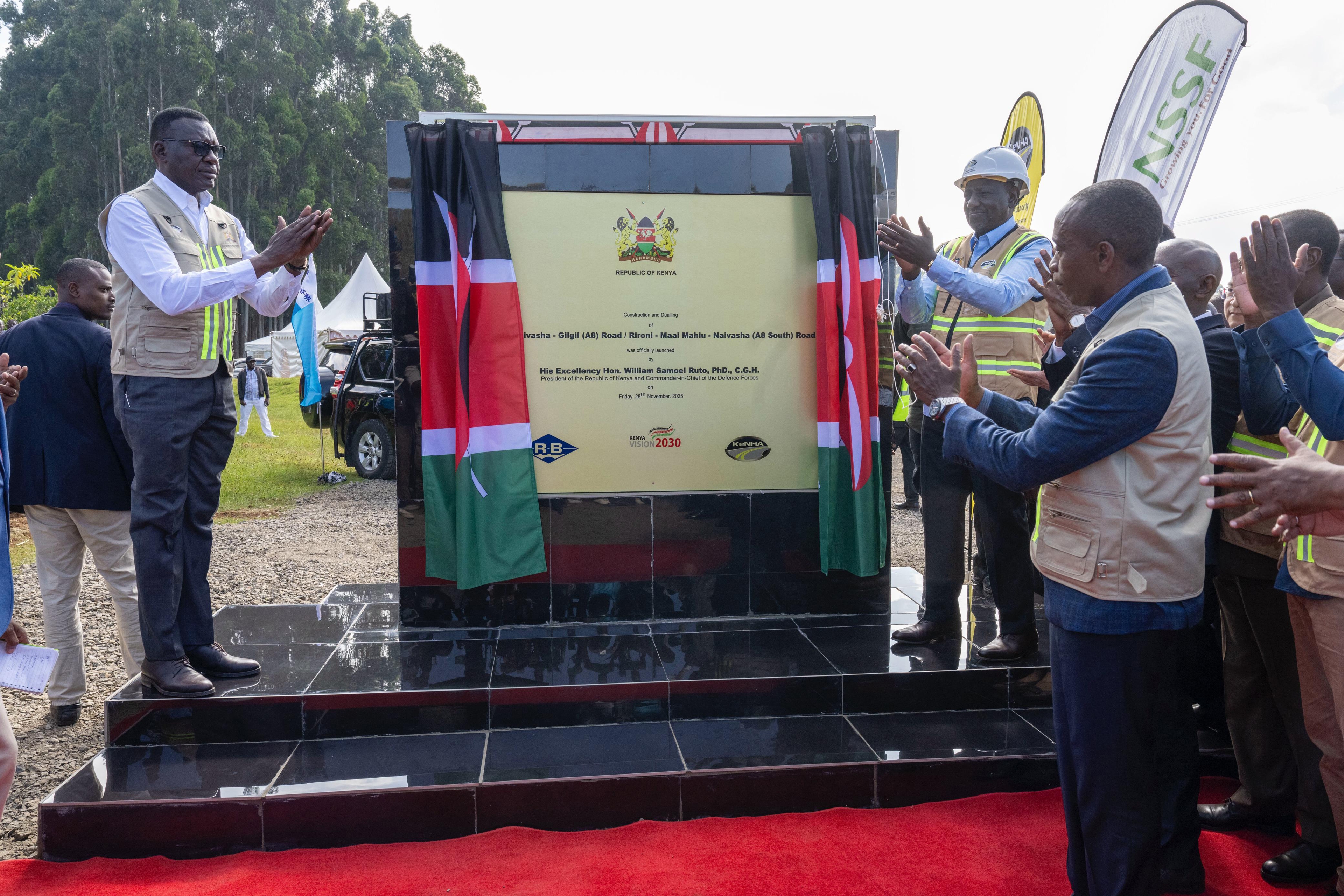
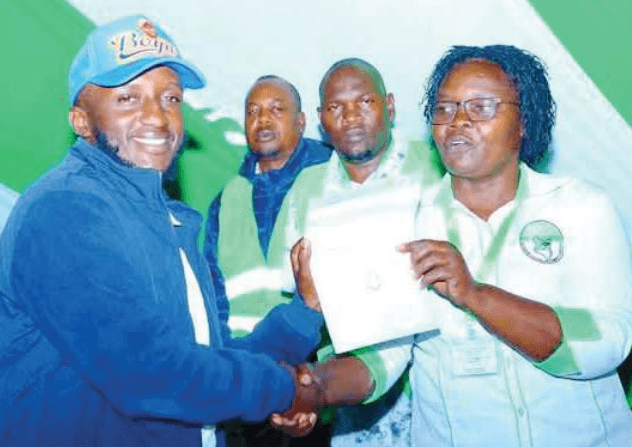

![[PHOTOS] Ruto launches Rironi-Mau Summit road](/_next/image?url=https%3A%2F%2Fcdn.radioafrica.digital%2Fimage%2F2025%2F11%2F6f6601a6-9bec-4bfc-932e-635b7982daf2.jpg&w=3840&q=100)
